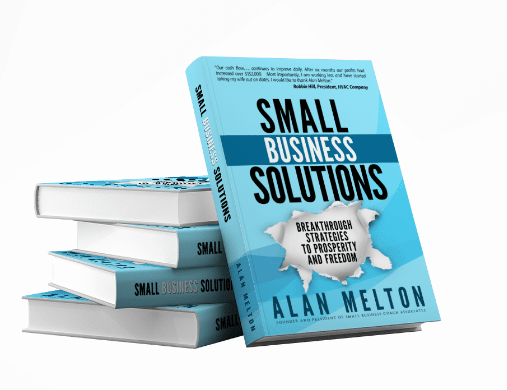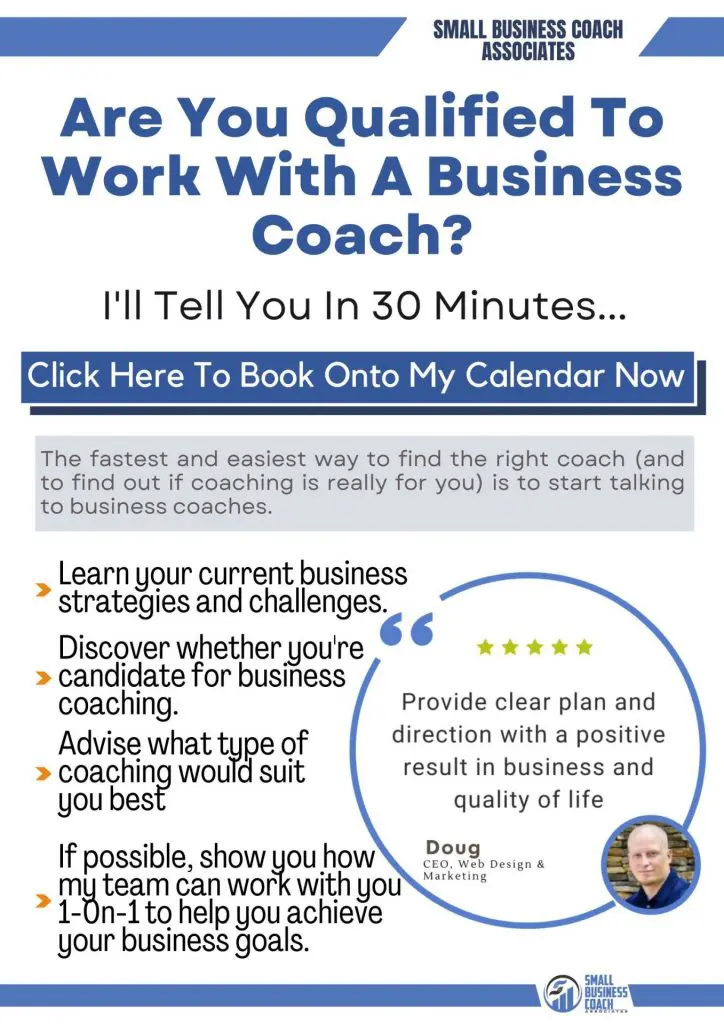VIEW BY TOPIC
- Finding Customers
- Business Systems
- Managing Employees
- Leadership
- Managing Money
Related Posts

Ready to Grow Your Business Fast?
Here’s How I Grew Five Businesses, and Eventually Sold One to a Fortune 500 Company.

A Guide To Choosing The Best Business Candidate For You
Choosing the right business candidate for you is no easy feat. The process goes far beyond sifting through resumes and conducting interviews. A new hire can significantly impact your company’s culture, productivity, and long-term growth. Consequently, you need a comprehensive approach to ensure you’re making the best decision.
This guide will take you through some of the essential considerations, offering a multi-faceted viewpoint on selecting the most suitable business candidate for you.
1. The Art And Science Of The Resume

When it comes to choosing the best candidate, the resume is your starting point. This document serves as a snapshot of the candidate’s professional history, skills, and accomplishments. While experience and education are crucial, don’t overlook the details. Look for well-organized, error-free resumes as they indicate a certain level of professionalism and attention to detail.
Additionally, encourage applicants to include quantifiable skills on a resume. Rather than vague statements like “experienced in sales,” look for specific figures such as “increased sales revenue by 20% in Q1 2022.” This gives you a more precise understanding of the candidate’s capabilities.
2. Cultural Fit Is Not A Cliché
A candidate might look great on paper but could be a misfit for your company culture. Make sure to assess whether they’ll integrate well with your team and the broader workplace environment.
To get a good feel for this, you might include a team lunch as part of the interview process or ask questions that reveal how they handle collaboration, conflict, and work-life balance. If the cultural fit is wrong, both you and the employee are set up for failure.
3. Problem-Solving Skills: The Unsung Hero
An often under looked trait in candidates is the ability to problem-solve. Whether it’s a technical issue or a team dispute, the capacity to think critically and find solutions is a must-have skill for any role.
During interviews, consider presenting hypothetical challenges or past situations that required innovative solutions. How a candidate approaches these scenarios can offer a glimpse into their ability to navigate complexities.
4. Soft Skills: The X-Factor
In the modern workplace, soft skills like emotional intelligence, adaptability, and effective communication are equally important as hard skills. Yet, they are often harder to assess. Consider incorporating soft skills assessments or behavioral interview questions into your hiring process. In many cases, soft skills are what differentiate an average employee from an exceptional one.
5. Know Your Deal-Breakers
Before you begin the selection process, make a list of attributes that are non-negotiable. These can range from specific qualifications for the job to adherence to company policies like non-disclosure agreements.
Knowing your deal-breakers ahead of time can streamline the selection process and help you avoid wasting time on candidates who ultimately won’t be a good fit.
6. Versatility Matters
The pace at which the business world evolves today is staggering. A candidate who is adaptable and willing to grow with your company is worth their weight in gold.
During interviews, ask about instances where they had to adapt to new technologies, strategies, or roles. A candidate’s past adaptability can be a strong predictor of their future performance.
7. Always Check References
Never skip checking references. Speaking to former employers and colleagues can provide you with insights that no resume or interview can offer. While candidates will undoubtedly highlight their strengths during interviews, references can offer a more rounded picture of their reliability, skills, and overall suitability for your business.
8. Assess Long-Term Potential
A candidate’s capability to contribute to your business shouldn’t only be viewed through a short-term lens. An ideal candidate will grow with your organization, taking on increased responsibilities and even evolving their role over time.
To assess this, consider asking candidates about their 5-year career plan or any long-term professional goals they have in mind. Their answers can give you a glimpse into their ambition and willingness to commit for the long haul.
9. Evaluate Tech-Savviness
In a digital world, tech-savviness goes beyond the realm of IT and software development roles. Even for non-technical roles, having a candidate who is comfortable using technology can be a significant advantage.
Whether it’s mastering a new project management tool or being proficient in data analysis software, a tech-savvy candidate can bring added efficiencies to your team. Consider incorporating a basic tech assessment into your interview process to gauge this skill.
10. Trust Your Instincts
After you’ve scrutinized resumes, conducted interviews, evaluated skills, and checked references, there’s one last factor that comes into play: your gut feeling.
Trusting your instincts may sound unscientific, but there’s a lot to be said for how you intuitively feel about a candidate. If everything checks out but something feels off, it may be worth reconsidering the candidate—or at the very least, diving deeper into your reservations.
11. Negotiation Skills: A Hidden Indicator

The way a candidate negotiates their salary or job offer can tell you a lot about them. Are they reasonable in their demands? Do they understand their worth without being arrogant? Good negotiation skills often indicate a candidate who is confident yet fair, and who is likely to bring these attributes into their professional relationships within your company.
12. Final Rounds With Key Stakeholders
Before making an offer, it’s beneficial to have the candidate meet with key stakeholders, such as department heads or team leads they’ll closely work with. This not only allows for additional perspectives but also gives the candidate a clearer picture of the company culture and expectations. It’s the final but crucial step in ensuring that there’s a mutual fit.
Conclusion on Your Business Candidate
Choosing the best candidate for your business is undoubtedly one of the most critical decisions you’ll make. A bad hire can cost time, money, and negatively impact team morale. Conversely, the right person can significantly contribute to productivity, culture, and the overall success of your organization.
By employing a well-rounded strategy that includes scrutinizing resumes for quantifiable skills, evaluating both hard and soft skills, considering cultural fit, and examining long-term potential among other factors, you increase the likelihood of making an excellent hire. In the rapidly evolving business landscape, taking a comprehensive and thoughtful approach to hiring is not just beneficial—it’s essential.














